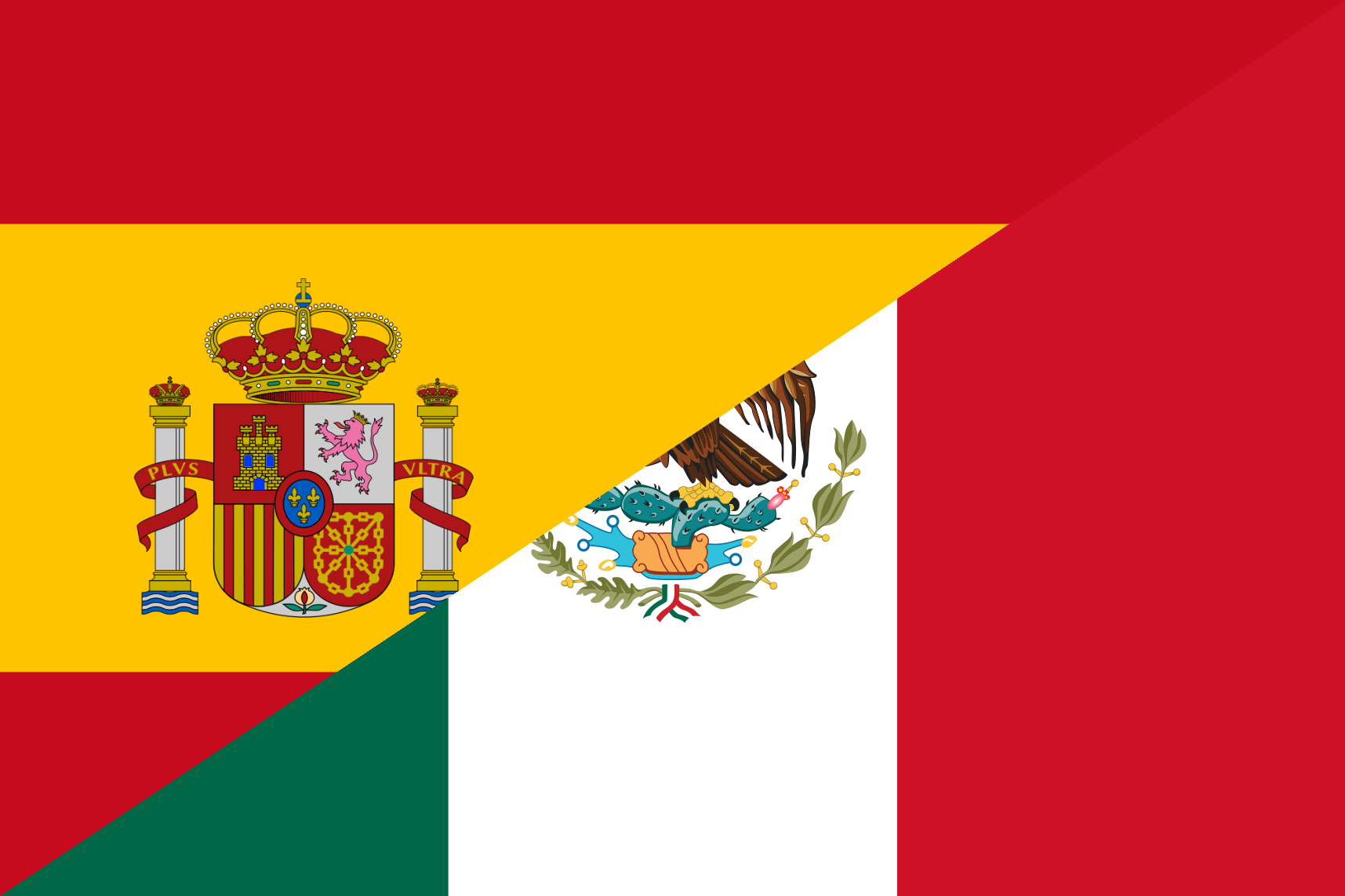tuvo
Oraciones
Naturalmente angustiada , María Ana nunca se casó de nuevo 🔁 ni tuvo hijos .
🔁
Naturally distressed, Maria Ana never married again or had children.
Significado (Inglés)
third-person singular preterite indicative of tener
tener
- (literally, transitive) to have; to possess
- (transitive) to have; to possess; to be (a condition or quality)
- (transitive) to hold; to grasp
- (transitive) to contain; to hold (e.g. to "hold the power to", "hold the key", "hold a clue", "hold the truth", "have a hold on", "hold in store", "hold all the cards", "hold in high regard", etc.)
- (transitive) to have; to feel (internally)
- (transitive) to make to feel
- (transitive) to have (a measure or age)
- to have to
- to get (e.g. to get a minute, to get an idea, to get a chance, to get a concussion/bruise/headache, to get in an accident, to get a place, to get a view of, to get a meeting, to get a vision, etc.)
- to keep; to bear (in certain phrases; e.g. to bear in mind, bear a resemblance, keep a journal/diary, keep around something or someone)
- to make (in a few select phrases)
- (reflexive) to be taken (usually has deber for an auxiliary verb when used)
Frecuencia
Con guion como
tu‧vo
Pronunciado como (IPA)
/ˈtubo/
Notes
Sign in to write sticky notes








Comience a aprender español con learnfeliz .
Practica hablar y memorizar " tuvo " y muchas otras palabras y oraciones en español .


